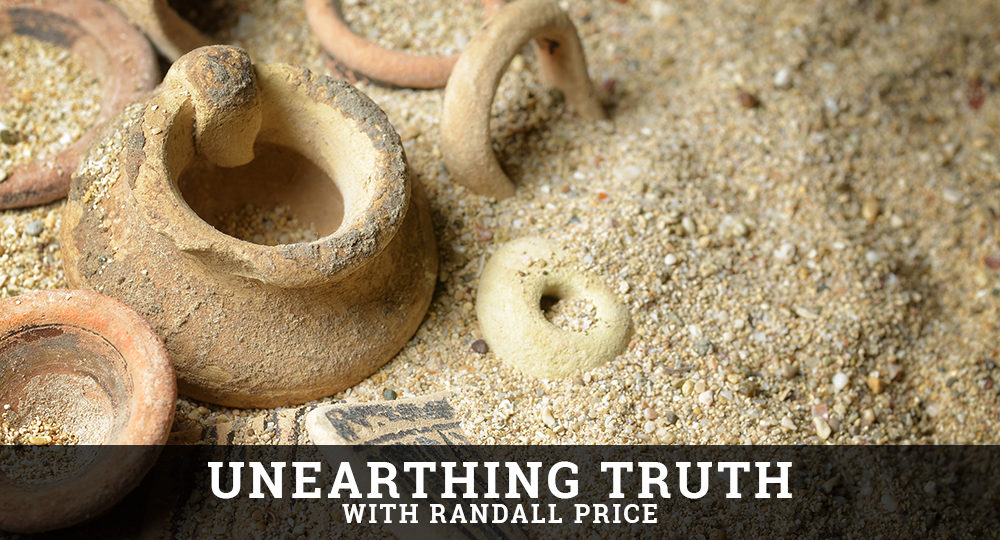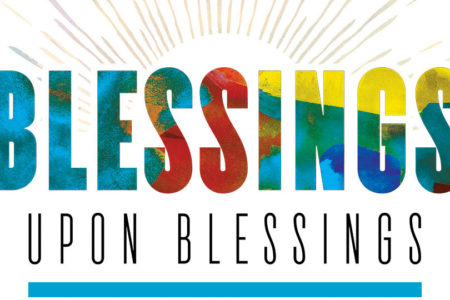Creation Calling
The people of Israel bequeathed to the world the revelation of God through the Bible. In this revelation, the creation account in Genesis takes center stage and is recorded as a matter of protohistory. It was an accepted fact until, in modern times, archaeological discoveries revealed that similar accounts of creation were recorded by other ancient Near Eastern civilizations.1
The Sumerian account, the Enuma Elish (c. 1800–1600 BC), says a creator-god made the world and appointed lesser gods to rule it. Its opening lines reflect the wording of the first verse of Genesis: “In those days, in the days when the heaven and earth were [created].”2
The Babylonian account, the Epic of Atrahasis (c. 1700 BC), explains mankind’s creation as a response to a revolt by lower gods who were forced to do heavy labor for higher gods and claims humanity was created by the blood of a slaughtered god, mixed with clay and divine spit.
These nonbiblical accounts have similarities to the biblical account. Both view creation as a divine act and teach that mankind was created from the ground and given the work of tending to the land as a representative of the Creator (Gen. 1:27–28). There are seven tablets in Enuma Elish and seven days in the Genesis account; and mankind’s creation is in the sixth tablet of the Babylonian account and on the sixth day in the Bible.
However, as striking as these similarities may be, the differences are pronounced: polytheism versus monotheism, a theogony (origin of the gods) versus a cosmogony (origin of the cosmos), gods identified with nature versus God distinct from nature, and a complex mythology versus a straightforward and simple history.
What these similarities reveal is that a single history was passed down after the Noahic Flood (Gen. 5—9) and remained in the common culture before being dispersed at Babel (11:1–9). Thereafter, humanity divided; and the core history became embedded in local mythologies, which adapted it to fit divergent religious worldviews, thus producing the differences.
This understanding counters modern views that argue the Bible borrowed from the worldview of the cultures in which its authors lived. Scholars who make this argument contend that Genesis 1—11 is not historical and that the author(s) intentionally created a theological story that simply adopted the myths of the day to make its point.3 However, it is evident that the Bible’s authors and Jesus Himself accepted these accounts as literal and historical.4 (Moses wrote Genesis through Deuteronomy.) As they interpreted Genesis 1—11 in their writing of Scripture, they understood its author intended the following:
- A literal, six-day creation (Ex. 20:11; 31:17; cf. Mk. 13:19; Rev. 4:11; 10:6).
- A historical Adam (Dt. 4:32; 1 Chr. 1:1; Job 31:33; Lk. 3:38; Rom. 5:14; 1 Cor. 15:22, 45; 1 Tim. 2:13; Jude 14; cf. Isa. 45:12; Mal. 2:10; Mt. 19:4).
- A worldwide flood (Ps. 29:10; Isa. 54:9; Mt. 24:38–39; Lk. 17:26–27; 1 Pet. 3:20; 2 Pet. 3:5–6; cf. Heb. 11:7).
- A new beginning for mankind as distinct nations (Dt. 32:8; Acts 17:26).
Therefore, though archaeology provides examples of the creation account from nonbiblical sources, the examples must be viewed in light of Scripture, which has the priority in comparative interpretation.
ENDNOTES
- The collection of ancient Near Eastern literature is contained in the three-volume work The Context of Scripture: Canonical Compositions from the Biblical World, eds. W. W. Hallo and K. Lawson Younger Jr. (Leiden/New York: Brill, 1997).
- See Jacob Klein, “Enki and Ninmah,” in The Context of Scripture 1.159:516.
- See John H. Walton and D. Brent Sandy, The Lost World of Scripture: Ancient Literary Culture and Biblical Authority (Downers Grove, IL: IVP Academic, 2013), and John Walton, The Lost World of Adam and Eve: Genesis 2—3 and the Human Origins Debate (Downers Grove, IL: IVP Academic, 2015).
- On this point see the helpful article by Abner Chou, “Is Inerrancy Inert? Closing the Hermeneutical ‘Loophole,’” in The Inerrant Word: Biblical, Historical, Theological, and Pastoral Perspectives, ed. John MacArthur (Wheaton: Crossway, 2016), 231–243.







